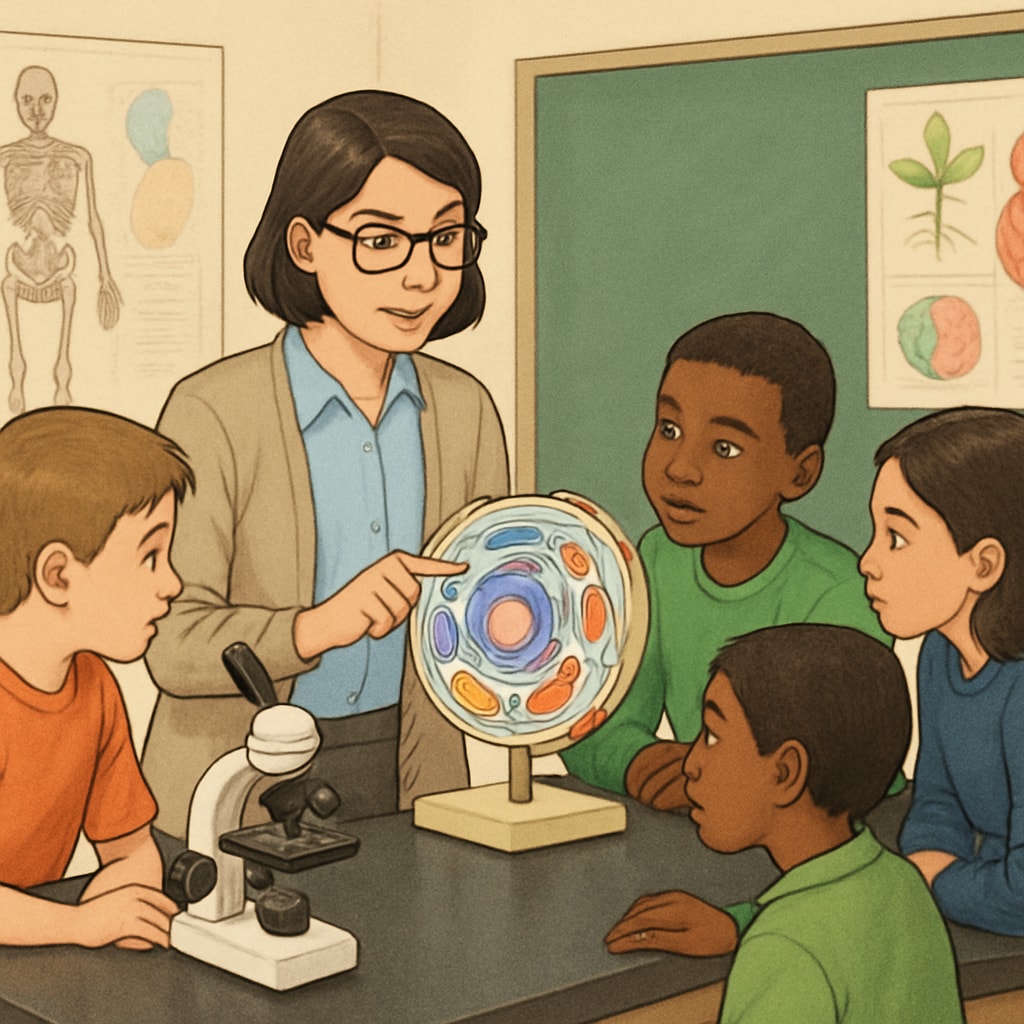Transitioning from a biology background to the education field offers promising opportunities for personal growth and societal impact. For biology students considering a career shift, pursuing a master’s degree in education can bridge the gap and open doors to K-12 teaching roles. This article delves into the advantages of this transition, the value of interdisciplinary knowledge in education, and actionable steps to make it a reality.
Why Transition from Biology to Education?
Biology graduates possess a strong foundation in scientific inquiry, critical thinking, and analytical skills. These attributes are highly valuable in education, especially in STEM (Science, Technology, Engineering, and Math) teaching roles. As global demand for qualified STEM educators grows, individuals with a biology background are uniquely positioned to inspire the next generation of scientists and innovators.
Moreover, transitioning to education allows biology graduates to engage with their subject in new and creative ways. Instead of conducting experiments in a laboratory setting, they can foster curiosity and understanding among young learners. This shift often brings immense personal fulfillment and a lasting societal impact.

Unique Advantages of a Biology Background in K-12 Education
Biology graduates bring a distinctive perspective to education. Here are some key advantages:
- Subject Expertise: A deep understanding of biological concepts enables accurate and engaging teaching.
- Research Skills: Experience in data analysis and scientific research equips educators to teach evidence-based science.
- Interdisciplinary Knowledge: Biology often overlaps with chemistry, environmental science, and even mathematics, offering a well-rounded approach to teaching STEM subjects.
- Real-World Applications: Practical knowledge gained from laboratory work can make lessons more relatable and inspiring for students.
For example, a biology graduate can explain complex topics like genetics or ecosystems through hands-on experiments and real-world case studies. This approach not only enhances student engagement but also nurtures critical thinking skills.
Steps to Transition from Biology to Education
While the transition may seem daunting at first, following a structured approach can simplify the process. Below are actionable steps to guide biology graduates:
- Research Education Pathways: Explore master’s programs in education, such as an M.Ed. (Master of Education) or MAT (Master of Arts in Teaching), with a focus on science education.
- Gain Classroom Experience: Volunteer at schools or participate in tutoring programs to build teaching skills and gain insight into the classroom environment.
- Obtain Certification: Most K-12 teaching roles require certification. Research state-specific requirements and enroll in preparation courses if needed.
- Leverage Transferable Skills: Highlight your scientific expertise, problem-solving abilities, and communication skills in your resume and interviews.
- Network with Educators: Join teaching associations or attend education-focused workshops to connect with professionals in the field.

Challenges and How to Overcome Them
Transitioning careers comes with its own set of challenges. Common concerns include adapting to a new work environment, mastering pedagogical techniques, and meeting certification requirements. However, these hurdles can be overcome with the right mindset and support:
- Adapting to Teaching: Enroll in teacher training programs and seek mentorship from experienced educators.
- Balancing Studies and Work: Consider part-time or online master’s programs to accommodate your schedule.
- Financial Constraints: Look for scholarships, grants, or teaching assistantships to offset tuition costs.
Remember, every challenge presents an opportunity for growth. With determination and perseverance, biology graduates can excel in education and make a meaningful difference in students’ lives.
Conclusion: A Rewarding Career Path
The transition from biology to education is not only feasible but also rewarding. By leveraging their scientific expertise and passion for teaching, biology graduates can inspire the next generation and contribute significantly to STEM education. Whether through earning an education master’s degree or gaining practical classroom experience, the journey from the laboratory to the classroom is a path worth exploring.
For more information on the value of STEM education, visit STEM Education on Wikipedia. Additionally, learn about teacher certification requirements through resources like Teacher Certification on Britannica.
Are you ready to embark on this transformative journey? The classroom awaits your unique contribution!


